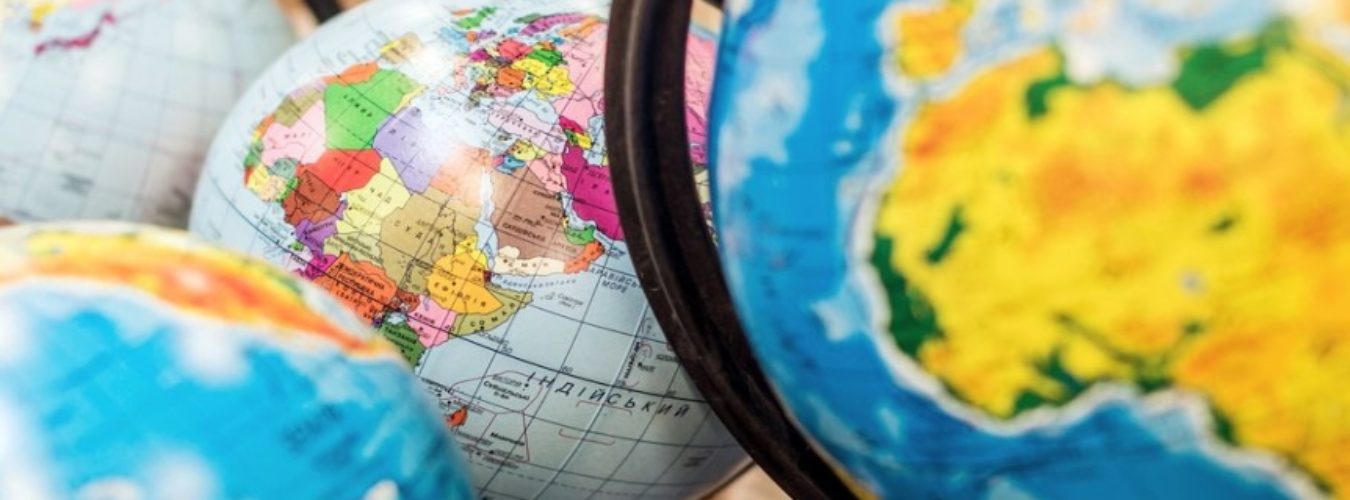During our June 2018 meeting we discussed easier movement around the world and the implications this has both for businesses evaluating where best to trade, and also for individuals deciding where they want to work and live.
To put this into context in our own country – during 2017, 334,000 people left the UK to live elsewhere. In the same period 578,000 arrived. People are moving around the world more than ever before.
A more accessible world
With the proliferation of technology and faster access to comparative and current information, it is becoming easier to evaluate a territory to assess its business or personal potential. Technology is also a key factor in facilitating the ease of flexible working and creation of disperse workforces, as our February Business Club session concluded.
And when weighing up business expansion overseas or personal migration, many considerations clearly come into play. In our discussion we looked at the tax versus social benefits of several countries to compare them. Obviously political and quality of life issues matter too, but in some cases economic and fiscal considerations can be a cause behind why people move.
Where in the World – for you and your business?
Despite the globalisation of many products, services and technology, and despite higher standards of living in more territories across the world, each country still has its own nuances. These nuances will form part of any evaluation whether to live and work there. For example, tax approaches in different countries (even within Europe), are really varied as the Business Club’s discussion uncovered. So too is the approach to social service provision of different countries – both in financing and the quality of it.Conclusions from the Club’s discussions were that people are more willing to pay tax in order to gain a good standard of social services – particularly education, healthcare and pensions. At the same time, quality of life, environmental/climate and cultural factors of a particular territory were also cited as a key attraction for potential migration/expansion.
Making the decision to expand overseas or move
Fortunately there is plenty of information to hand to help businesses and individuals assess whether expanding or moving to a new territory would be right for them. The Business Club’s discussion included looking at statistics from the:
- The Organisation for Economic Co-Operation and Development (OECD)
- The World Health Organisation
- The World Economic Forum
There’s also practical insight and guidance from organisations such as:
- The British Chambers of Commerce
- The CBI
- The UK Government
At Shipleys we are part of the AGN association who have devised a number of handy ‘Live Country Guides’. These guides give insight about how specific countries are prepared to attract external investments, main development indicators, inflation rates, export / imports, and business facilities.
The Shipleys’ team also includes specialists in international tax, advice on migration or business expansions overseas, cross-border matters and supporting non-domiciles here in the UK. If you’re sights are focusing on more distant horizons, why not get in touch with the team for an initial chat?


















